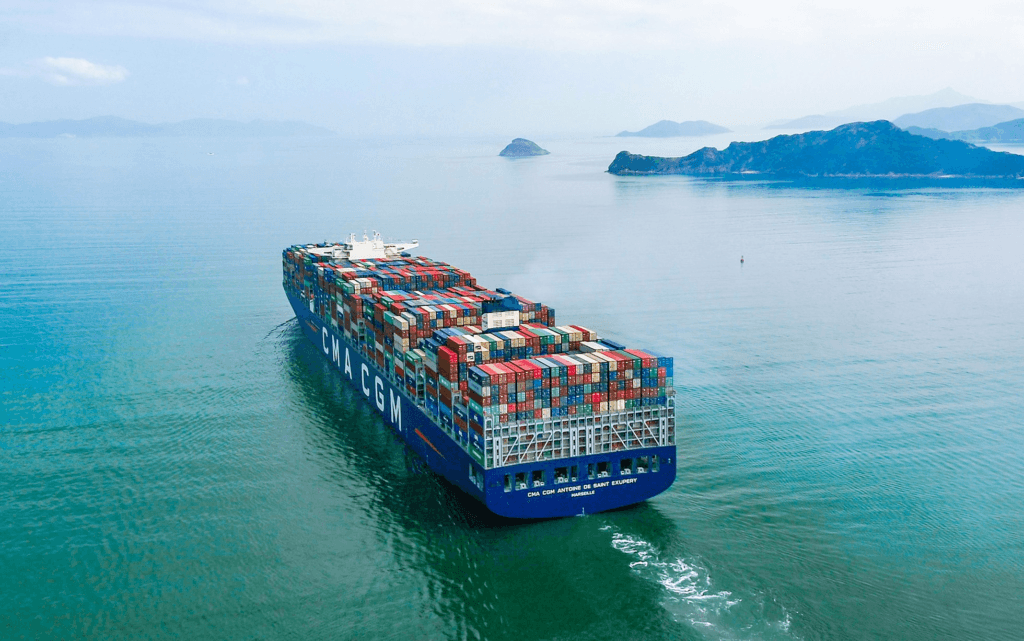In response to the conclusion of the US East Coast port strike and the impending Lunar New Year, the elevated freight rates that had been in place during the peak months have begun to plummet. Freight prices for all major maritime routes—Trans-Pacific, Trans-Atlantic, Asia-Europe, and Panama Canal—have noticeably decreased in recent weeks. Among these routes, Asia-Europe freight rates experienced the most drastic decline, with Europe and Mediterranean routes dropping 14.42% and 7.21%, respectively, over November.
In previous years, China’s trans-Pacific freight rates have consistently shown a strong upward trend due to the export surge before the Lunar New Year. However, this year has failed to display the same patterns. The irregular freight price decline can be attributed to several factors: the early Lunar New Year schedule, anticipation of Trump’s inauguration and the subsequent US import policies, and global geopolitical instability concerning the Palestine-Israel and Russia-Ukraine conflicts.

The Lunar New Year is pivotal in the course of Chinese export and logistics operations. Due to the extended break during the Lunar New Year, all factories in China cease operations for two to four weeks, with some exceptions lasting over a full month. This disruption in the supply chain results in a gradual recovery of production after the holiday. Foreign buyers, therefore, typically aim to export goods before the Lunar New Year to meet deadlines. This year, however, the Lunar New Year advanced to the end of January, instead of early to mid-February as in previous years. The advanced schedule has caused many factories to cease operations early in preparation for the new year, leading to a lack of exporting goods and diminishing demand, which in turn puts downward pressure on freight rates.
Regarding the anticipation of the Trump administration, many are expecting Trump to raise foreign tariffs to encourage the US domestic economy. With Trump’s inauguration taking place on January 20th, goods planned to be exported during the Biden administration have already been arranged. Goods that remained in inventory without enough time to be arranged will wait for Trump’s foreign import policies in the coming days.
For foreign buyers who are either unconcerned with or unaffected by the Lunar New Year and Trump’s government, global instability remains a concern. The ongoing Palestine-Israel and Russia-Ukraine conflicts have led many buyers to hope for an improvement in geopolitical situations in 2025.

These factors have limited export demands, prompting shipping companies to rapidly decrease their freight rates to increase their appeal. Some shipping companies have even begun signing unprecedented long-term contracts to increase loading rates and are simultaneously reducing the number of operating vessels to minimize losses.





